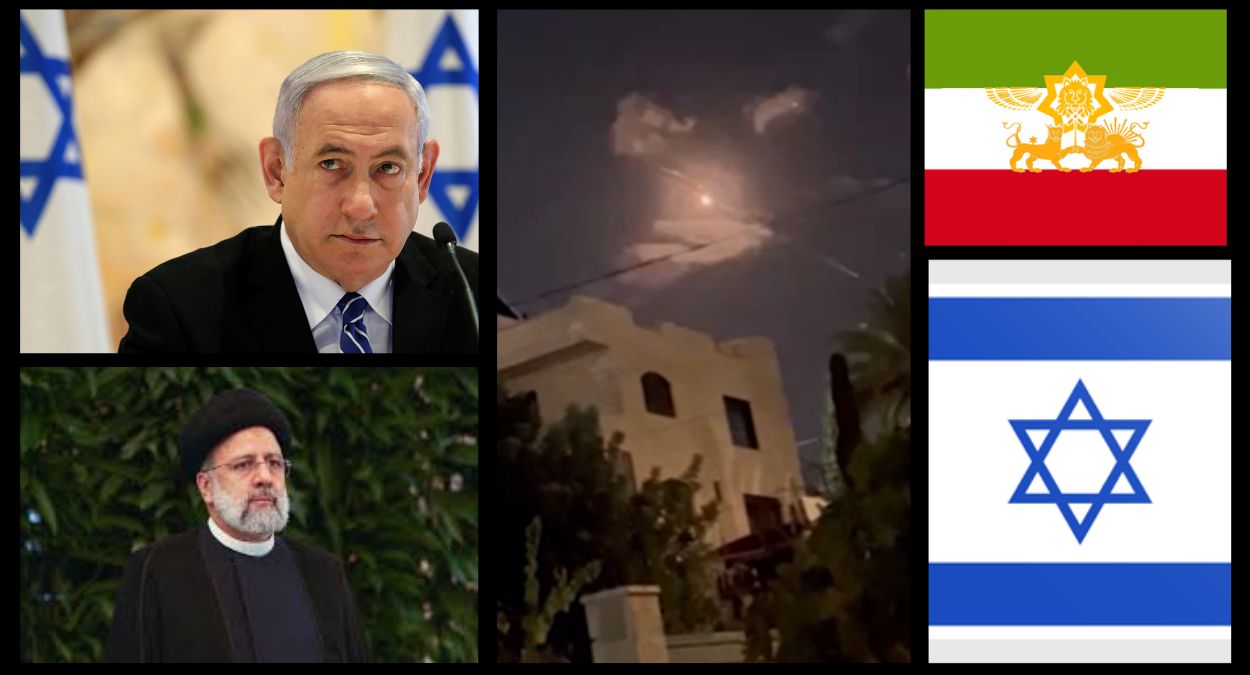On October 1, 2024, Iran attacked Israel by launching many missiles, escalating tensions between the two nations. The strike targeted multiple areas, including major cities like Tel Aviv, and was accompanied by warnings from the Israeli Defense Forces (IDF) for civilians to seek shelter. The attack came after Israel conducted airstrikes in Lebanon, killing top Hezbollah leaders, including Hassan Nasrallah. In response, Iran launched ballistic missiles, marking a serious escalation in the ongoing conflict.
In addition to the missile strikes, a shooting attack in Jaffa left at least eight people dead, further contributing to the instability in the region. This attack is believed to be linked to the broader conflict between Israel, Hezbollah, and Iran. The situation has drawn international attention, with the U.S. warning of “severe consequences” if Iran continues its aggression.
Background of the Conflict: Why Iran attacked Israel?
The tensions between Iran and Israel have been escalating for years, rooted in a complex history of political, military, and ideological conflicts. Iran’s support for militant groups like Hamas and Hezbollah, which oppose Israel, has been a significant factor in this ongoing rivalry. The situation intensified following the recent Israel-Hamas war, which has drawn in various regional players and heightened fears of a broader conflict.
However, Iran’s Islamic Revolutionary Guard Corps (IRGC) said that the reason to target Israel is in response to the blunder mistake (according to them) of killing of Hezbollah leader Hassan Nasrallah and others.
Recent Attack
On October 1, 2024, Iran launched a significant missile attack against Israel, reportedly firing over 100 missiles toward various targets, including major urban centers like Tel Aviv and Jerusalem. This attack marked a sharp escalation in the long-standing conflict and was seen as a direct response to Israel’s military actions against Iranian-backed groups in the region.
Israel’s Israeli Defense Forces (IDF) posted a 2-sec video on ‘X’, showing a lot of missiles in the sky and issued a statement, “RAW FOOTAGE: Watch as Iranian missiles rain over the Old City in Jerusalem, a holy site for Muslims, Christians, and Jews. This is the target of the Iranian regime: everyone.”
IDF also advised the civilian population to stay home and not come out of the shelter. Also, it said that the loud noises they are listening is of the interception
Israel’s Response to the Attack
In the wake of Iran’s missile attack, Israel’s government and military officials quickly articulated their stance and planned response.
Israel’s Defense Minister described the attack as the largest and most violent missile assault against the country to date. He emphasized that Israel is prepared both defensively and offensively to handle the situation. The Israeli government made it clear that it would take all necessary measures to protect its citizens from further threats.
Israeli officials warned that any enemy attacking Israel should expect a painful response. This statement underscores Israel’s commitment to retaliate against any further aggression from Iran or its proxies.
The situation has drawn attention from international allies, with the United States expressing its support for Israel’s right to defend itself. U.S. officials have been monitoring the situation closely, indicating a readiness to assist Israel if necessary.
Implications of the Attack
The missile barrage from Iran is viewed as a major escalation in the ongoing hostilities, with potential implications for regional stability. Analysts suggest that this could lead to a broader conflict involving not just Iran and Israel, but also their respective allies. The situation remains tense, with Israel threatening retaliation and the possibility of further military actions looming.
Conclusion
The recent missile attack by Iran on Israel represents a significant moment in their ongoing conflict, reflecting deep-seated animosities and the potential for wider regional warfare. As both sides prepare for possible escalations, the international community is closely monitoring the situation, fearing that it could spiral out of control.
Table of Contents
